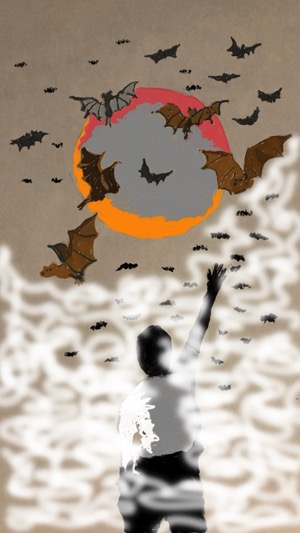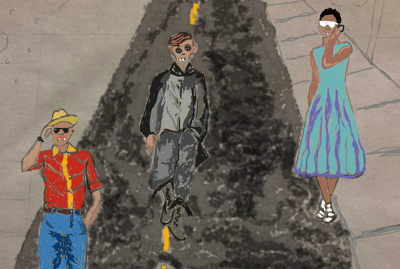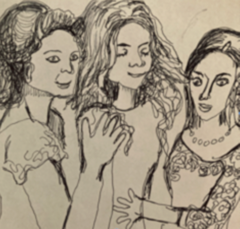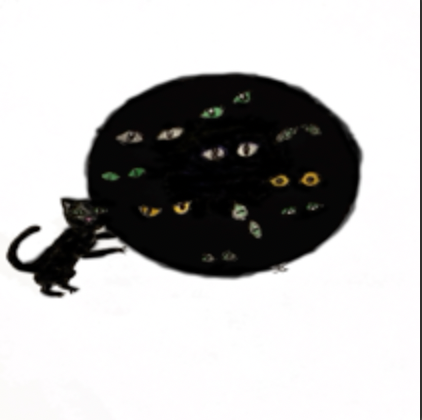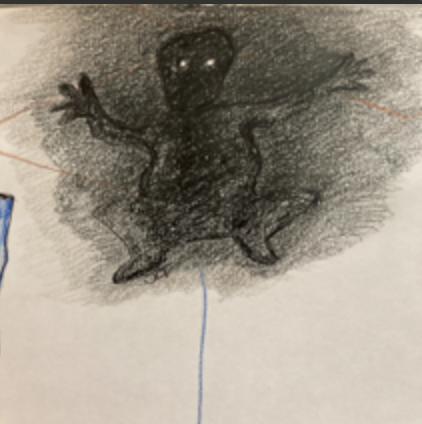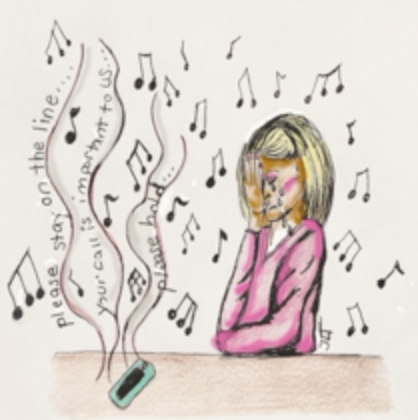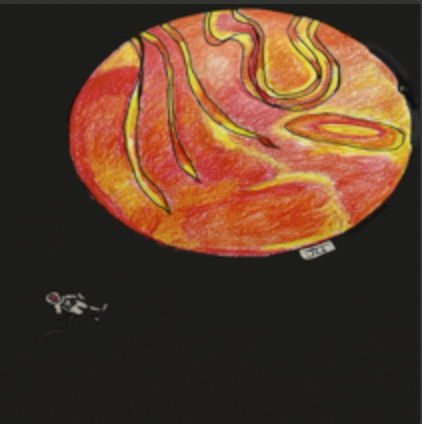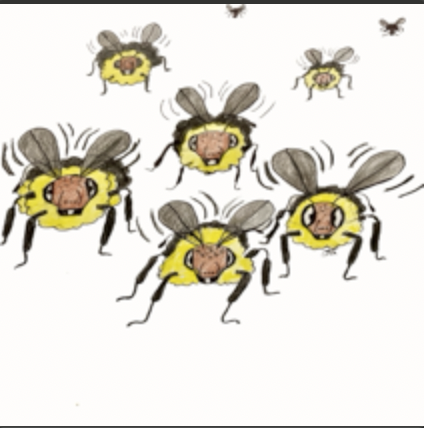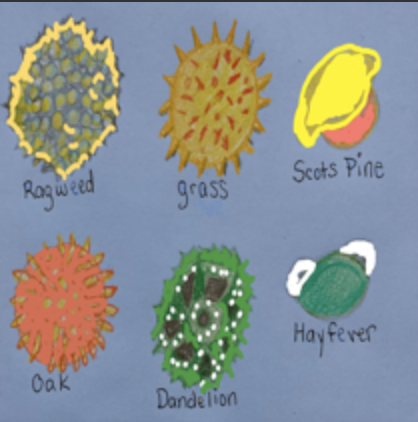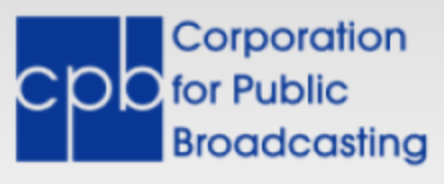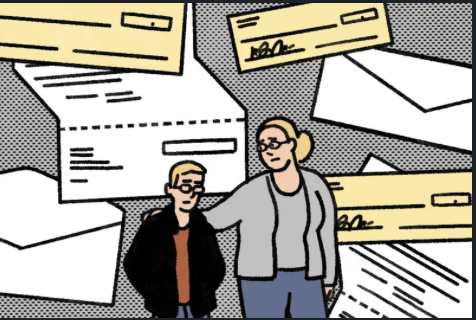The Corporation for Public Broadcasting announced that it will begin shutting down, weeks after Congress canceled previously approved funding for the nation’s steward of public media access, NBC News reported.
The CBP said in a statement that it will begin an “orderly wind-down” of its operations after nearly 60 years with the support of the federal government.
It said that most staff positions will conclude with the close of the fiscal year on Sept. 30. A small team of employees will remain through January 2026, it added. It did not specify how many people in total were being laid off.
“Despite the extraordinary efforts of millions of Americans who called, wrote, and petitioned Congress to preserve federal funding for CPB, we now face the reality of closing our operations,” the corporation’s president and CEO, Patricia Harrison, said in a statement. “CPB remains committed to fulfilling its fiduciary responsibilities and supporting our partners through this transition with transparency and care.
The announcement comes less than a month after Congress passed a package of spending cuts requested by President Donald Trump that included stripping $1.1 billion in funding for the CPB.
The administration has repeatedly accused NPR and PBS of liberal bias, which the organizations have repeatedly denied.
“Public media has been one of the most trusted institutions in American life, providing educational opportunity, emergency alerts, civil discourse, and cultural connection to every corner of the country,” Harrison said.
WYFI.org reported: The Corporation for Public Broadcasting, the conduit for federal funds to NPR and PBS announced that it is beginning to wind down its operations, given President Trump has signed a law clawing back $1.1 billion in funding for public broadcasting through fiscal year 2027.
The announcement follows a largely party-line vote last mont that approved the cuts to public broadcasting as part of a $9 billion recessions package requested by the White House that also included cuts to foreign aid. While public media officials had held a glimmer of hope that lawmakers would restore some of he money for the following budget year, the Senate Appropriations Committee declined to do that on Thursday.
“Public media has been one of the most trusted institutions in American life, providing educational opportunity, emergency alerts, civil discourse, and cultural connection to every corner of the country, Harrison said.
“The ripple effects of this closure will be felt across every public media organization and, more importantly, in every community across the country that relies on public broadcasting,” NPR President and CEO Katherine Maher said in a statement.
KUAF reported: On July 18, 2025, Congress voted to rescind money already appropriated to fund public media via the Corporation for Public Broadcasting. Roughly one week later, on July 24, the President singed the bill eliminating federal funding. This change will significantly impact public media stations such as ours that serve millions of listeners every day.
Federal Funding of Public Media is being eliminated — now we’re counting on you
For KUAF Public Radio, this funding amounts to approximately $193,000 annually, or about 17% of our budget. This loss in funding comes at an already financially challenging time for the station. That puts the music, news programming, Ozarks at Large, community events, and local reporting that you love and rely on from KUAF in jeopardy.
We’re moving into an uncharted future, but your commitment to you remains unwavering, and your support has never been more vital. We are committed to continuing to bring you rigorous journalism, courageous storytelling, inspired music discovery, and community connection.
The Daily Beast reported: The Corporation for Public Broadcasting, which has provided funding for PBS and NPR, will begin winding down its operations after the non-profit had its funding cut.
For nearly 60 years, the corporation has been supporting public broadcasting, but it became a victim of the Trump administration’s effort to slash spending.
“CPB remains committed to fulfilling its fiduciary responsibilities and supporting our partners through this transition with transparency and care,” she added.
The corporation had its funding clawed back by Republicans in Congress through the recessions package passed earlier this month.
The CPB was created through Congress in 1967 and is responsible for helping provide non-commercial television and radio content, including support for educational content, emergency communications, and local journalism.
More than 70 percent of its funds were distributed to 1,500 locally owned public radio and television stations. Broadcasters supported by CPB last year alone delivered 11,000 life-saving emergency alerts.
Republicans passed the recessions package earlier this month, which included clawing back more than $ 1 billion for the CPB, which provides some funding to NPR and PBS.
This week, the Senate advanced a 2026 spending bill that provided no money for the CPB, further impacting its ability to keep the lights on.
In my opinion, I think it is absolutely ridiculous to pull funding away from The Corporation For Public Broadcasting. President Trump has initiated funding cuts to the Corporation for Public Broadcasting (CPB) once during his administration. This action was part of broader rescission packages approved by Congress.
Details of the Clawback
Date of Action: The funding clawback was finalized on July 18, 2025.
Amount Cut: Approximately $1.1 billion in federal funding was rescinded.
Impact: This cut eliminated federal support for NPR, PBS, and over 1,500 local public radio stations.
Context of the Decision
The decision to cut funding was framed as a response to claims of bias in public media.
The CPB has been receiving federal funds since its establishment, but the funding was deemed unnecessary in the current media landscape.
This single action represents a significant shift in federal support for public broadcasting, affecting many local stations, especially in rural areas.


































